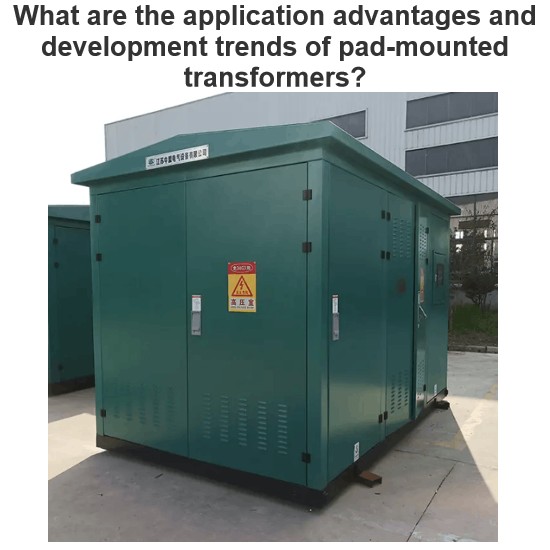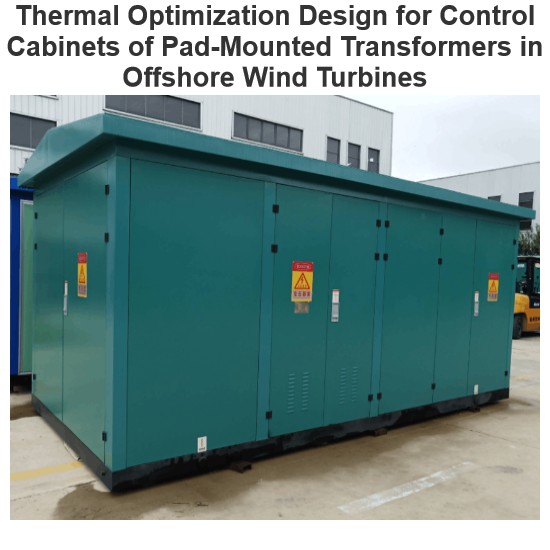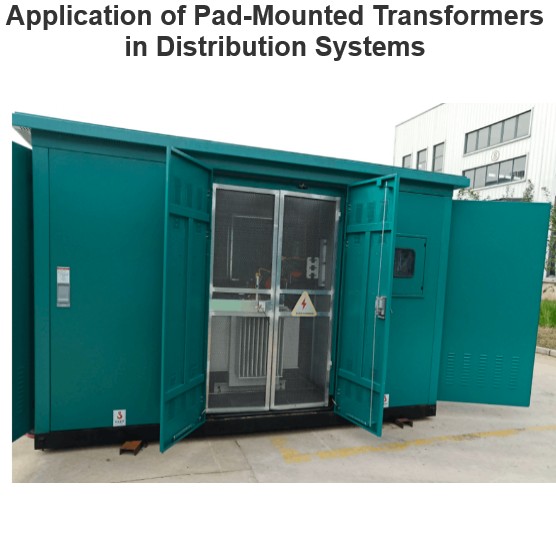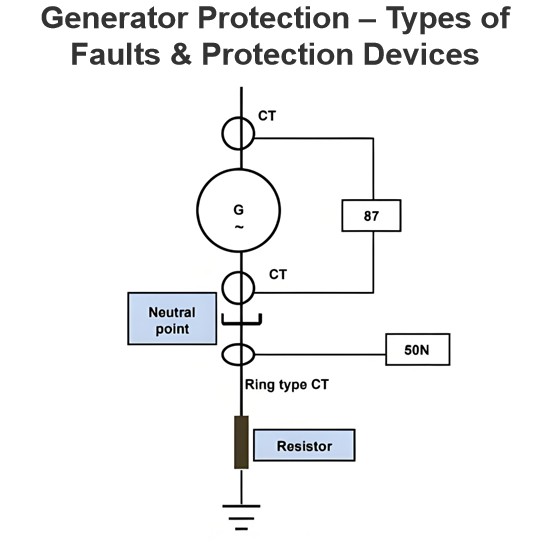What is Dry Type Transformer ?
What is Dry Type Transformer ?
Dry Transformer Definition
A dry transformer is defined as a transformer that utilizes air or gas instead of liquid for insulation and cooling.
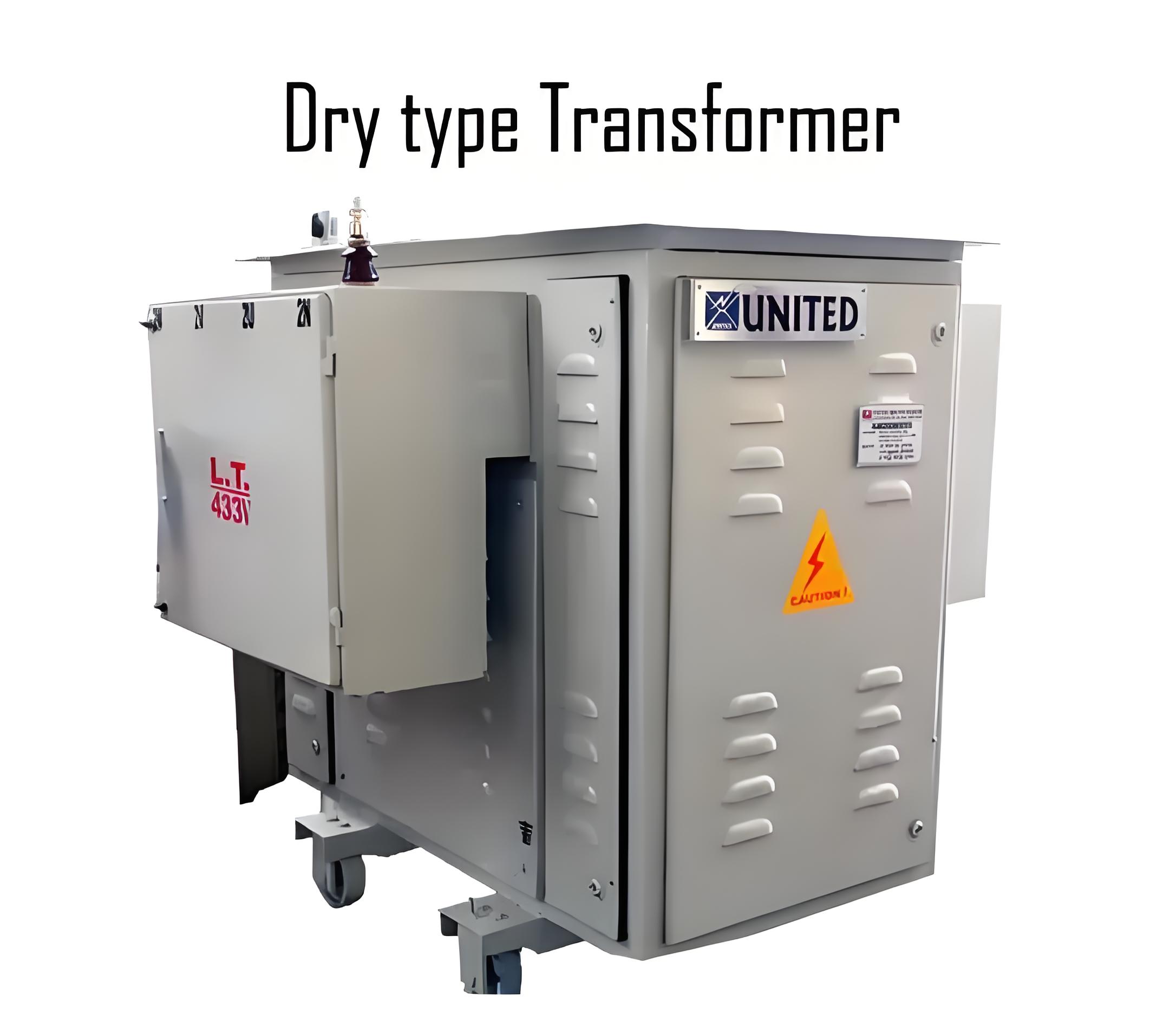
Transformer Types
Cast Resin Dry Type (CRT) transformer
Vacuum Pressure Impregnated (VPI) transformer
Advantages
Dry transformers enhance safety by eliminating flammable or toxic liquids, reducing the risk of leaks or fires.
They are maintenance-free and pollution-free because they do not require any oil changes, oil tests, oil spills cleanup, or special disposal methods.
They are suited for damp and contaminated areas because they have high moisture ingress protection and corrosion resistance.
Disadvantages
Dry transformers tend to be costlier than oil-filled models with similar power and voltage rating due to higher material and manufacturing costs.
They are larger and heavier than oil-filled transformers for the same power and voltage rating because they have more air gaps and insulation thickness.
They are noisier than oil-filled transformers because they have higher magnetostriction and vibration that can produce audible sounds.
Applications
Chemical
Environmentally sensitive areas
Fire-risk areas
Renewable generation
Other applications
Performance Factors
Choice of insulation type
Selection of winding material
Regulation
Life expectancy
Overloading
The Electricity Encyclopedia is dedicated to accelerating the dissemination and application of electricity knowledge and adding impetus to the development and innovation of the electricity industry.
